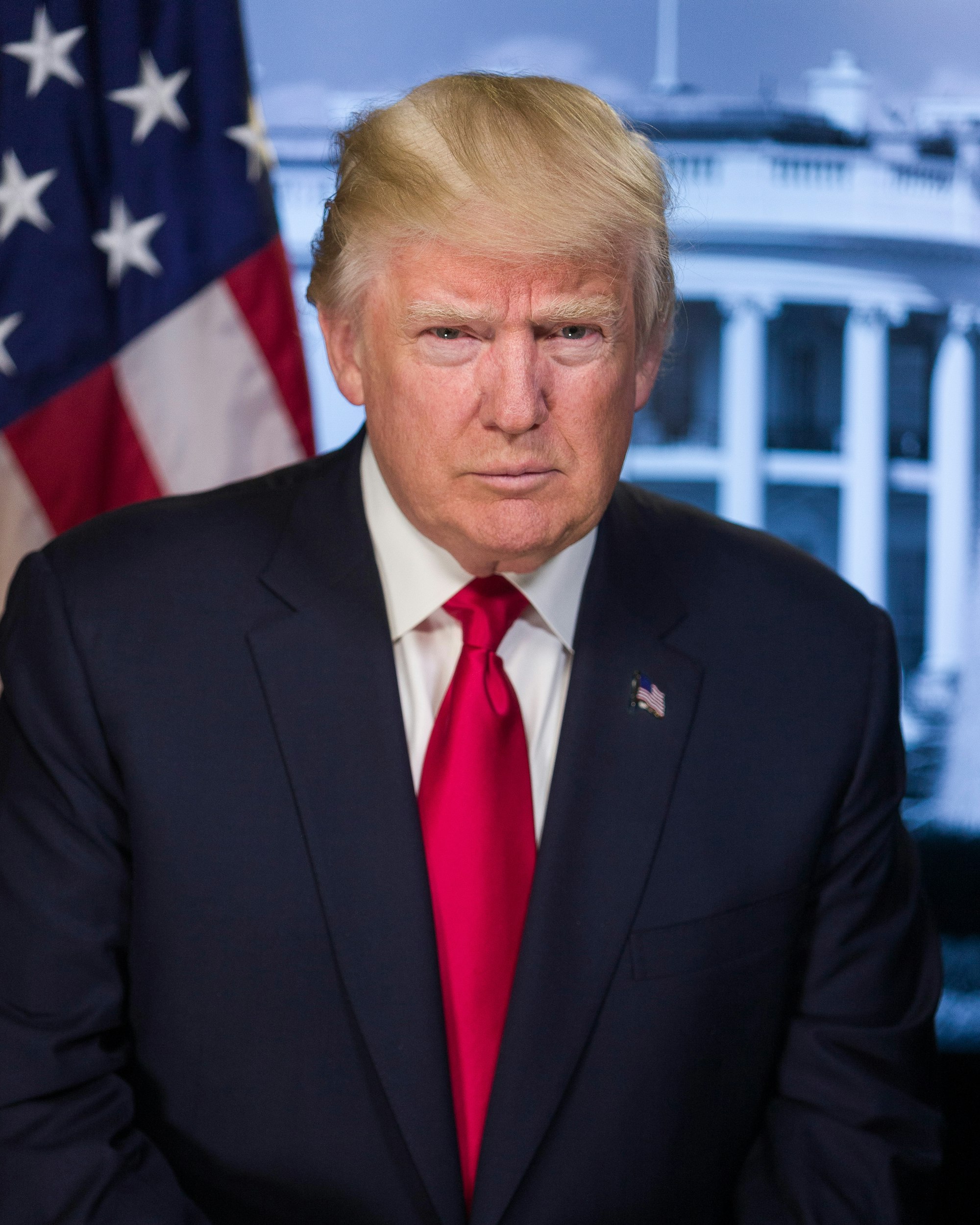President Donald Trump was the first president in nearly a half a century who refused to release his tax returns, a tradition established after The Providence Journal revealed that then-President Nixon had paid only $792.81 on an income of $200,000 in 1973. Most presidents release their returns to demonstrate transparency, and in Trump’s case, as an influential businessman, many also wanted to make sure he wouldn’t abuse his office for his own financial gain. Trump has maintained that he can’t release them because he’s being audited, although his I.R.S. commissioner has personally refuted this claim, and hasn’t yet lived up to his 2015 promise to release them. However, in late September, the New York Times published a series of reports on Trump’s tax returns which revealed that he’d paid a total of $750 in federal income tax for the years 2016 and 2017 – drawing an eerie parallel to his predecessor.
The New York Times report, analyzing tax returns legally provided to them by an anonymous source, shows that the president paid nothing in federal income tax in 11 out of the 18 years they received information on. Although he takes in hundreds of millions of dollars each year and has an estimated net worth of about $2.8 billion, Trump managed to almost eradicate the income tax he’d normally be liable to pay by taking advantage of the tax laws in place. Trump’s signature properties (for example, his golf courses) are largely unprofitable. They do serve a purpose though. The president’s largest source of income is his personal brand; by selling the narrative of a vastly wealthy and successful businessman, first popularized by his role on The Apprentice, Trump made a combined $427.4 million (despite the fact that his actual businesses were incurring huge losses at the time). The losses from his unprofitable companies ended up cancelling out the profits made from Trump’s personal brand, thus reducing his tax bill. Just like in the early 1990s, as some of his major businesses were collapsing, Trump ended up generating enough money in losses to substantially reduce his taxes for years to come.
By employing other strategies like billing what most would consider personal expenses to his companies, and by paying millions in consultancy fees to his own family members, he was able to write off millions of dollars each year as business expenses which aren’t taken into account when calculating federal income tax.
His tax returns also revealed new information about the current audit he’s under from the I.R.S. Turns out, he might have to return the $79.8 million he received in tax refunds after all. After legally abandoning his casino business in 2009, he was able to declare losses on them that he wasn’t able to use previously, resulting in a massive payout. After the casino bankruptcy ended, Trump received a 5% share in the new company. Abandonment, however, stipulates that unless the individual receives nothing of value, they’re only allowed to report $3,000 in losses each year. Although it’s not clear from the returns whether this 5% is enough to invalidate his refund, if it is, Trump could be forced to pay the government over $100 million, counting in interest and punitive fees.
Additionally, Trump attempted to revive some of his businesses while in office. He’s taken out a $100 million mortgage on the commercial space in the Trump Tower, and has sold over $220 million’s worth of stocks between 2014 and 2016 in attempts to alleviate some of his losses, but his recent financial records show that he only has $873,000 left to sell. He’s also personally responsible for loans totaling to $421 million, according to his tax records, most of which are due within 4 years. If Trump loses his dispute with the I.R.S., he could be liable to pay more than $621 million.
Again, just like what happened to Nixon, the leak of the president’s tax returns led to a lot of anger amongst lower and middle class voters. Citizens working at minimum wage pay more income tax than he does, and this anger could potentially alienate him from this band of voters. Despite the fact that Trump is now facing very serious debt that could jeopardize his financial security, he’s still claiming he’s a billionaire who managed to avoid taxes by being smart. It’s unclear whether his tax reductions are a result of clever business maneuvers, or if he’s just not as good a businessman as he claims to be.
EDITOR'S FOOTNOTE
There is major tax he has paid State, Local, and Capital gains taxes which do not go noticed by most. He loves America and truly does want to improve the Earth, except he does not have the wherewithal to kill the Banking Cartel he has been profiting with.
Yet writer's like to source the New York Times which has been debunked and pushed anti-american rhetoric. It's not happening on this website. If you have proof that Trump is an evil man I will take down this footnote.
- John
Sources:
https://www.nytimes.com/interactive/2020/09/27/us/donald-trump-taxes.html
https://www.nytimes.com/2020/09/29/us/trump-750-taxes.html
https://www.nytimes.com/2020/09/27/us/trump-taxes-takeaways.html
https://www.nytimes.com/interactive/2020/09/27/us/donald-trump-taxes-timeline.html

